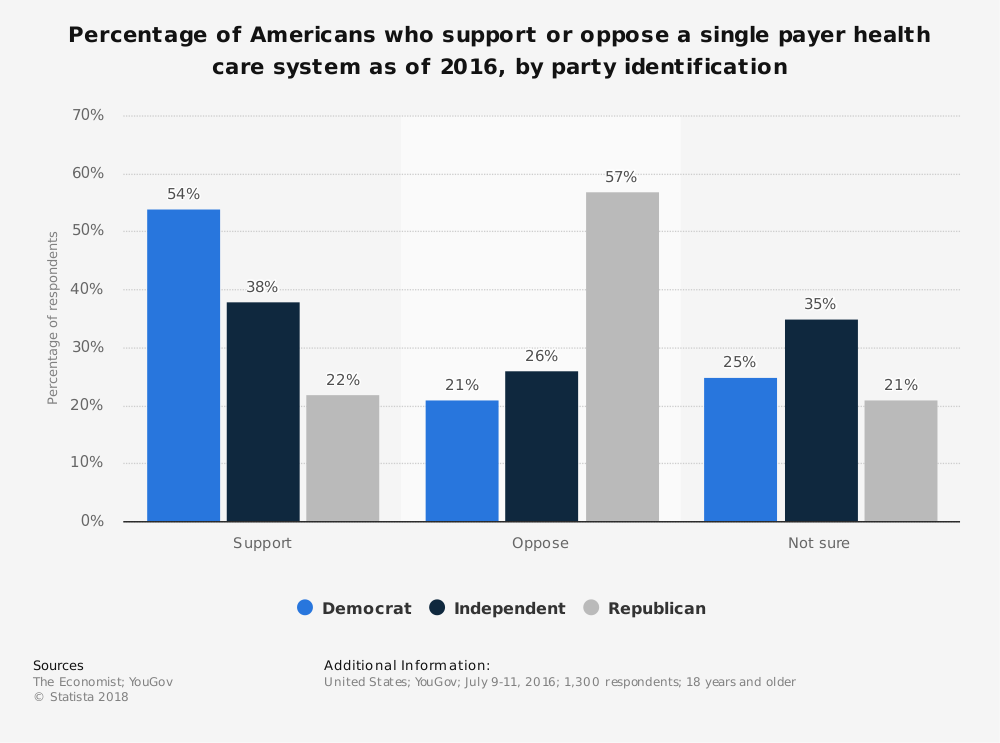The mutual assistance that health care and economic advancement can supply has been drawn out really extensively by the outcomes of UHC-oriented policies in Southeast Asia, from Japan to Singapore. The complementary nature of health advancement and financial development is also highlighted in the comparative experiences of various states within India. a health care professional is caring for a patient who is taking zolpidem.

I was firmly informed that this method might not possibly work, given that Kerala was, then, among the poorest states in India. The thesis of unaffordability was, nevertheless, mistakenly argued for factors currently talked about - how much does home health care cost. Regardless of its poverty, Kerala did manage to run an efficient UHC program that contributed greatly to its having, by some margin, the longest life span in India and the most affordable rates of infant and child mortality, among its other health accomplishments.
After all, there are no influences as strong in raising the productivity of labour as health, education and skill formationa foundational connection to which Adam Smith gave much attention. This has really taken place. In truth, the formerly poor state of Kerala, with its universal healthcare and universal education, now has https://telegra.ph/how-to-check-the-job-application-process-for-the-center-for-health-care-services-things-to-know-before-you-get-this-09-26 the highest per capita earnings among all the states in India.
There is, thus, lots of evidence that not only does universal health care strongly boost the health of people, its rewards work out beyond health. There is, indeed, a strong relationship in between health and economic efficiency, and we have every factor to base public policy on an appropriate understanding of the nature and reach of what is plainly a positive interdependence - how does electronic health records improve patient care.
